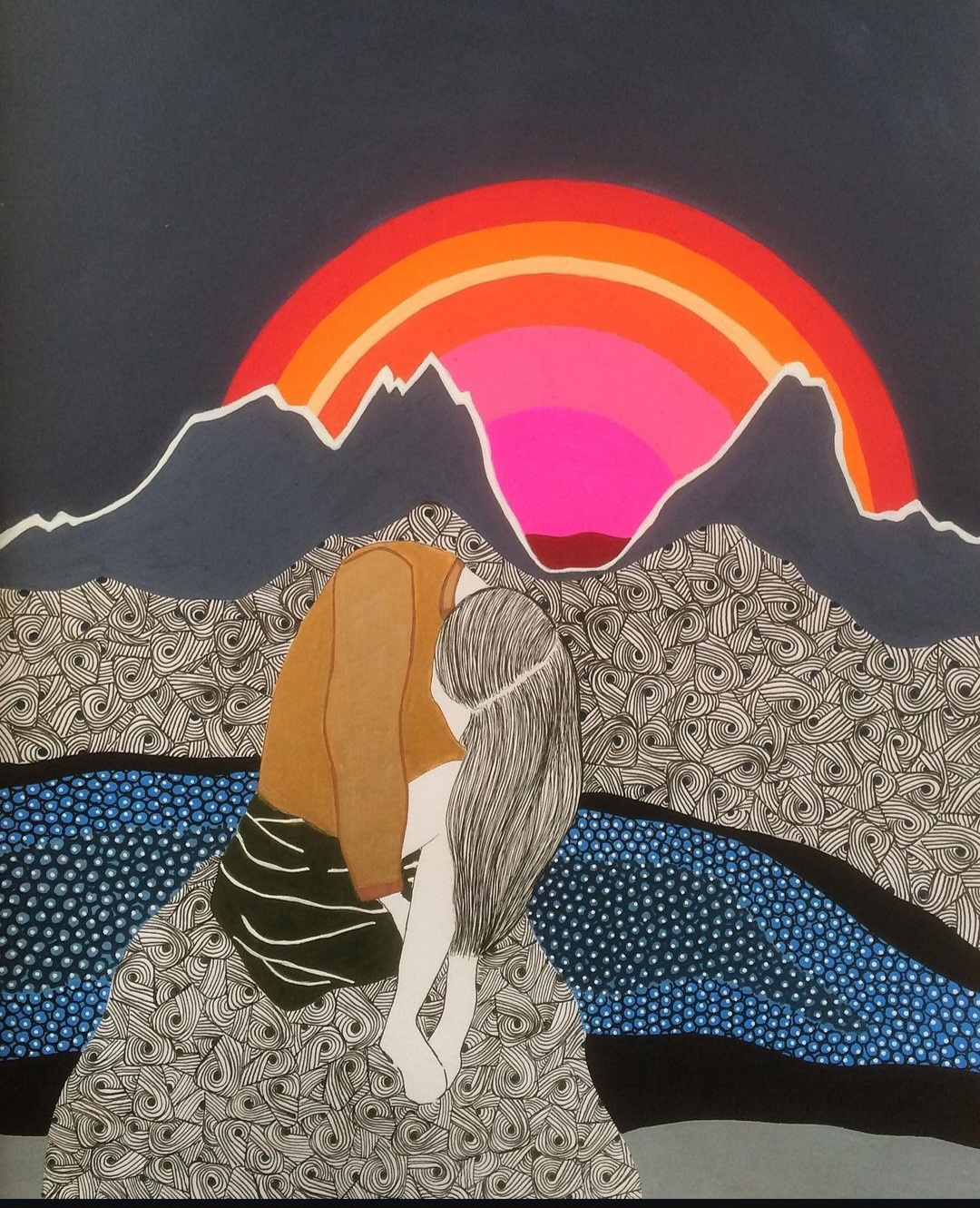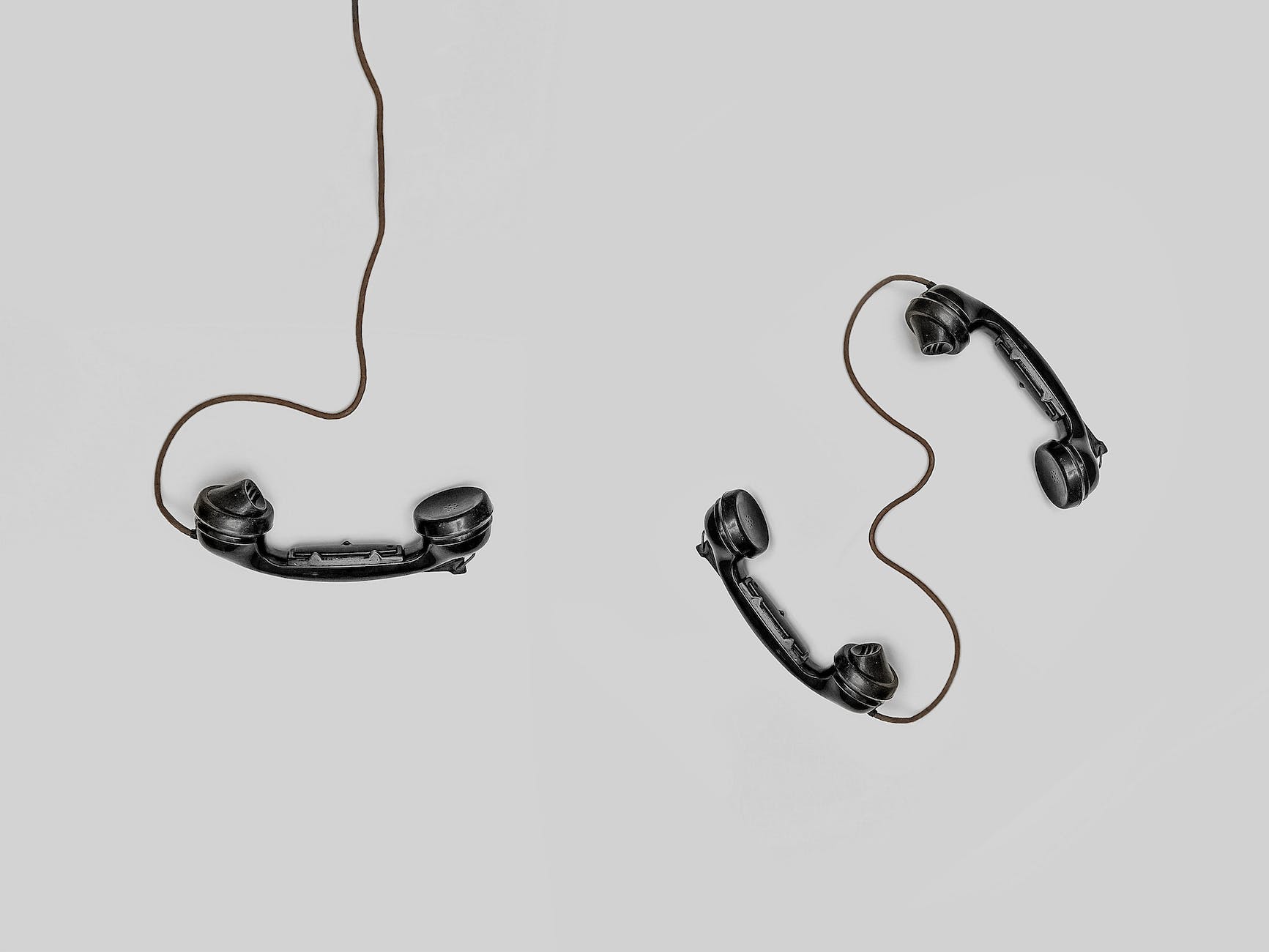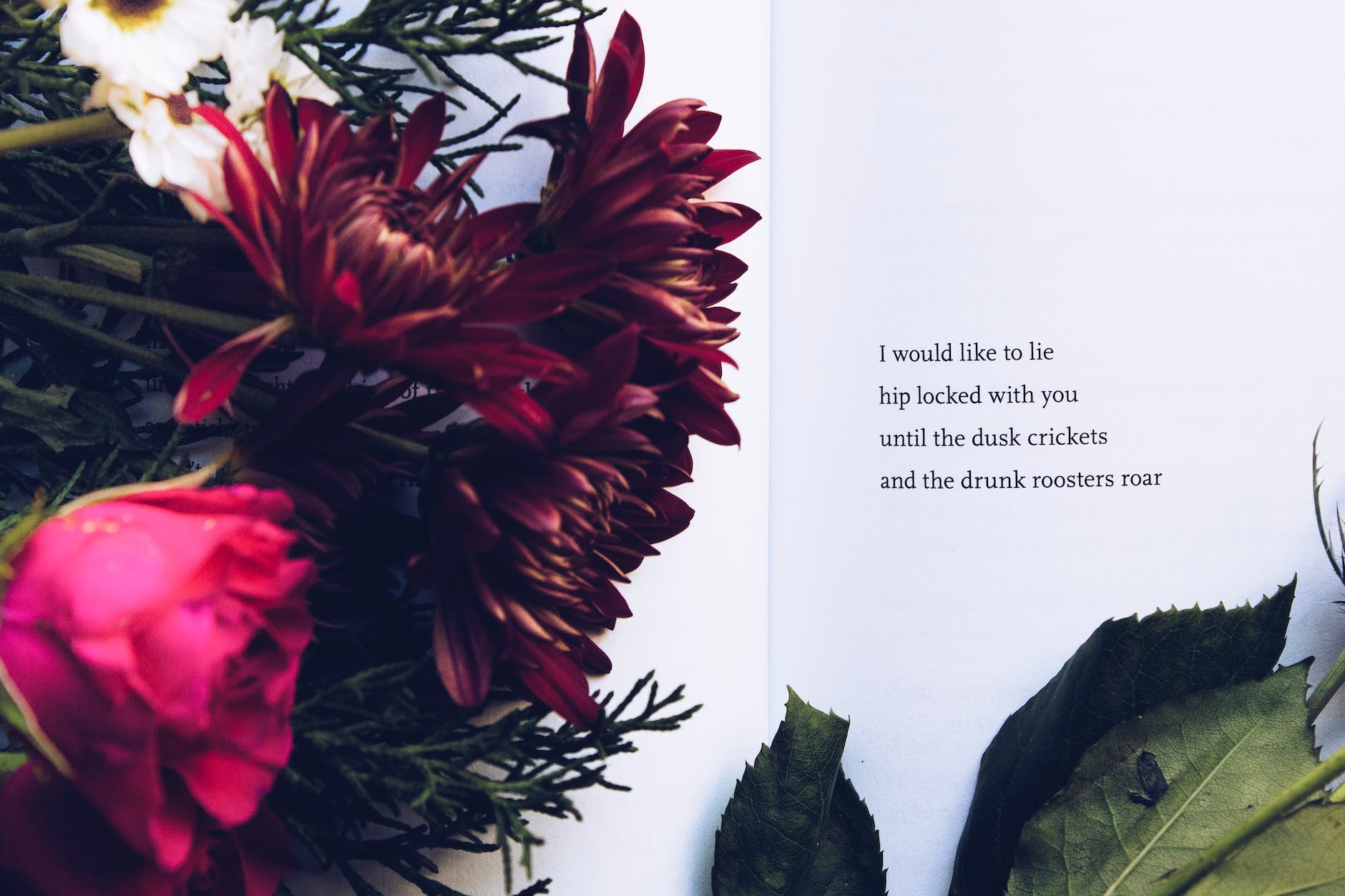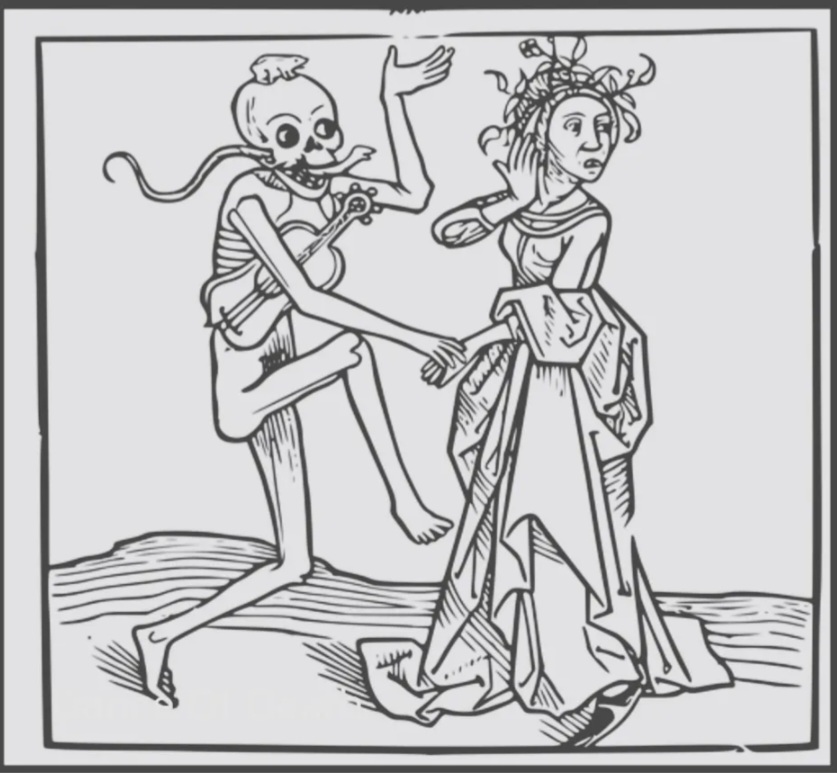There is so much confusion tangled in every layer of life and my inability to express this confusion just makes everything worse. My head feels like a pinball machine with ideas and thoughts bouncing around at warp speed, never staying still long enough for me to grasp them fully. Half thoughts, trapped thoughts. Words are cool, but they can feel so pointless; language is a curse to the spiritual soul.
It’s like hating myself for wasting my time but using depression as an excuse to keep wasting it. Or like a kid who stutters once and then hears an adult say, “Oh, he’s going to be a stutterer,” which solidifies the idea in his mind. That child, with his developing brain, starts seeing himself as a stutterer because the adult’s words programmed him to think that way. If only the parent had said, “He stuttered,” it might not have become a learned habit.
Children are open vessels, constantly absorbing everything around them. Adults hold the responsibility of ensuring that information is useful. Tell a child they’re going to be a stutterer, and they most likely will be. Humans fucking other humans up—the cycle of life.
Our power to control, manipulate, and destroy a sense of self is terrifying. We can program a child’s mind from birth, everything they see, hear, or experience gets stored in their subconscious. That’s why the system targets the young—drink milk, take your vitamins, do this or that, and you’ll be “successful.” The education system has stayed the same forever: no individualized learning, just one fixated way that determines our status as humans.
We’re taught things, told to retain them, then tested. Low scores often mean lower-paying jobs, while high scores lead to success. Do we subconsciously tell ourselves we’ll never be good enough if our scores aren’t high? Does that create a mental barrier, hindering our genius? We think we must not be as smart if we can’t learn the “right” way, even though our brains can learn in so many varied ways. The system’s discouragement causes us to accept mediocrity and settle for less.
Children need acknowledgment, encouragement, and recognition for their ideas to become well-rounded individuals. Influences in a child’s life are crucial—they can make or break you. People often limit themselves, never realizing their full potential, and it fucks with me so much.
If a child is kidnapped at three and told the world ended, they’ll believe it. Just like foster children who feel inadequate after being sent back time and time again. They build emotional walls, lash out, and struggle with relationships and communication because of their experiences. The potential humans have is often stunted by mental and emotional abuse.
In toxic relationships, your significant other can embed negative beliefs in your subconscious. Leaving doesn’t always free you from the misguided conscience that tells you self-expression is wrong. It becomes hard to believe you deserve anything worthwhile, and you take a back seat in life, fearing inadequacy. We’re all just fucking each other up, creating a cycle of negative, toxic energy.
Depression adds another layer of confusion. People want to do more with their lives but use emptiness to avoid effort and responsibilities, which only causes more depression. Past experiences make it hard to accept good things because we don’t feel we deserve them. Even when we succeed, it’s hard to enjoy it psychologically.
Fear and anxiety add yet another layer. Why do some people’s brains work against them while others don’t? Is it upbringing, hereditary, or a learned behavior? We often use emptiness or loneliness as excuses for not putting in effort, believing everything is meaningless. We allow others’ perceptions to dictate our actions, becoming too self-conscious to perform well. We become robots, shells of ourselves, inhibited by fear.
The power to break out of this self-conscious entrapment exists within us, but we don’t know how to harness it. We all have creative genius hidden inside, but we often die without ever tapping into it. Conscious effort is hard, so we let our subconscious guide us based on past experiences. We should make an effort to change our internal thoughts, replacing them with positive ones to reach our full potential.
I wish I could help everyone break free from these restraints. First, I need to figure out how to break out of my own. I want to heighten my consciousness, learn everything about how the mind works, and become the master of my own mind and life. I want to reach a point of peace and clarity with the universe. I just wish everyone else wanted the same. Life would be so much easier if we understood the power we have to affect each other positively and used it wisely.
Bertrand Russell once wrote about finding happiness by focusing on the external world rather than his own deficiencies. I wish I could say the same. We live in a time where digital screens have taken over, and we’ve become imbeciles, stewing in our own self-pity. We created this misery, and now we’re trapped in it.
We need to acknowledge the ecological crisis and the potential destruction of our world. We need to face the grief and feel the sorrow, allowing ourselves to grieve for the loss of a full life we could have lived. Collectively, we could find the will to do what it takes to create a global shift. But are we too stupid to see it? I think this is it for us—an evolutionary dead end.
Laurence Ferlinghetti captured this sentiment perfectly in his poem about Goya’s greatest scenes. We are the same people, plagued by the same demons, only further from home. The landscape has changed, but the suffering remains. We are trapped in a concrete continent, living an illusion of happiness while the world crumbles around us.
“I was not born happy. As a child my favorite hymn was ‘Weary with earth and laden with my sin.’ In adolescence, I hated life and was continually on the verge of suicide, from which, however, I was restrained by the desire to know more mathematics. Now, on the contrary, I enjoy life; I might almost say that with every year that passes I enjoy it more… Very largely it is due to a diminishing preoccupation with myself. Like others who had a Puritan education, I had the habit of meditating on my sins, follies, and shortcomings. I seemed to myself-no doubt justly- a miserable specimen. Gradually I learned to be indifferent to myself and my deficiencies; I came to center my attention increasingly upon external objects: the state of the world, various branches of knowledge, individuals for whom I felt affection.” The Conquest of Happiness, Bertrand Russell
Yeah, Bertrand buddy I really wish I could say the same.
In Goya’s greatest scenes we seem to see
In Goya's greatest scenes we seem to see
the people of the world exactly at the moment when they first attained the title of'suffering humanity'
They writhe upon the pagein a veritable rage of adversity
Heaped upgroaning with babies and bayonets
under cement skies
in an abstract landscape of blasted trees
bent statues
bats wings and beaks
slippery gibbets
cadavers and carnivorous cocks
and all the final hollering monsters
of the'imagination of disaster'
they are so bloody real
it is as if they really existed
And they do
Only the landscape is changed
They still are ranged along the roads
plagued by legionaries
false windmills and demented roosters
They are the same people
only further from home
on freeways fifty lanes wide
on a concrete continent
spaced with bland billboards
illustrating imbecile illusions of happiness
The scene shows fewer tumbrils
but more maimed citizens
in painted cars
and they have strange license plates
and enginesLaurence Ferlinghetti




